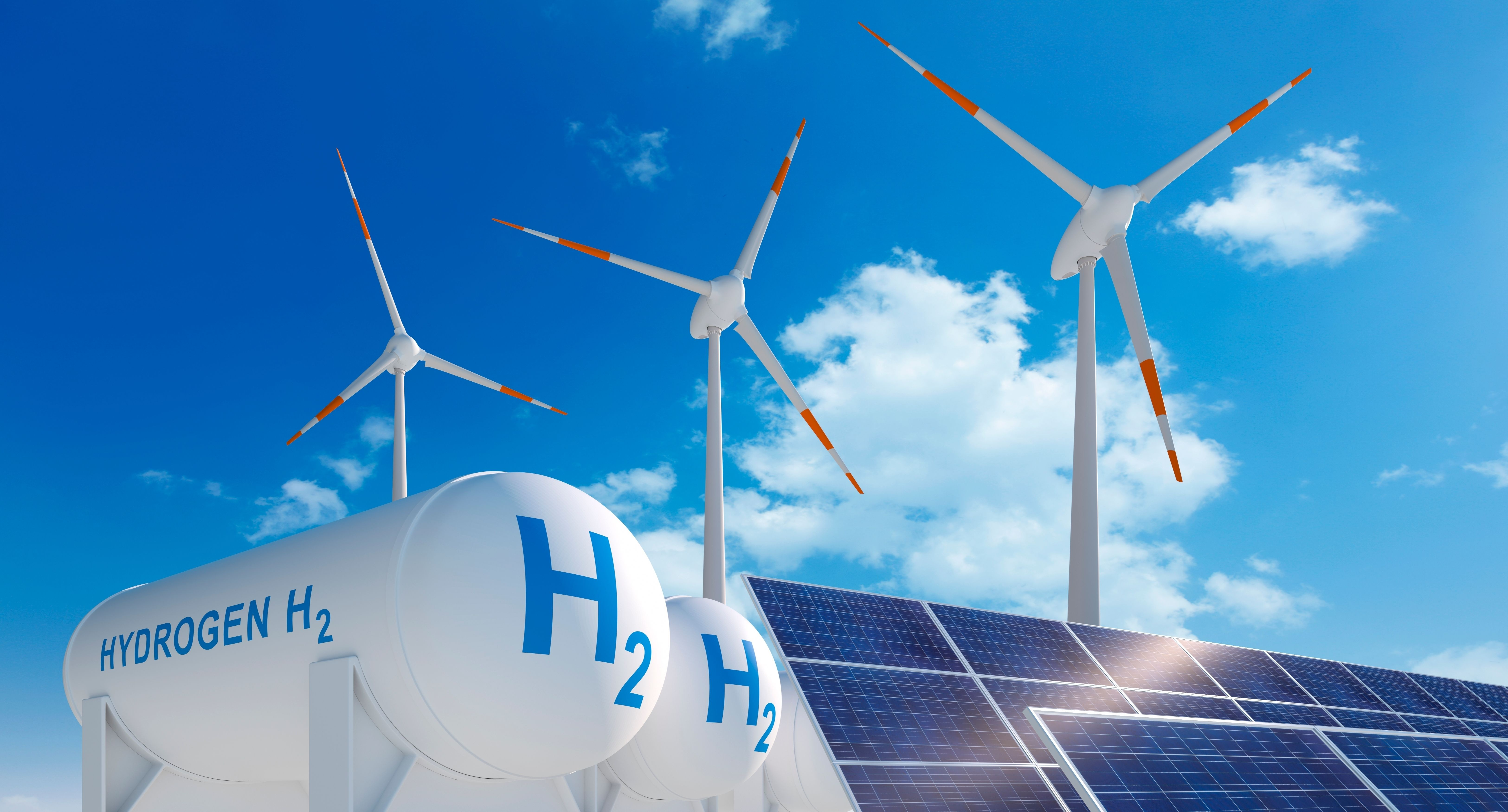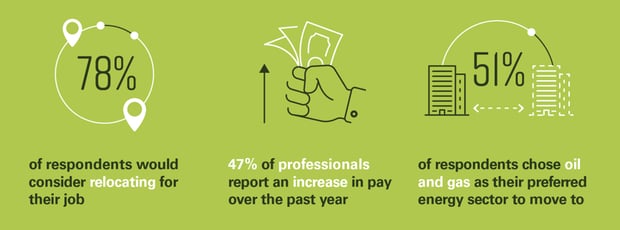
By
Nana Terra
March 16, 2023
Updated
January 23, 2025
These include jobs related to biofuels, hydroelectric, wind and solar energy, as well as biomass and biogas. But it is not a total surprise. Since 2018, the country has had the highest number of renewable energy jobs in Latin America, while Colombia came in second in the region, with around 251 thousand jobs.
-1.png?width=1080&height=1080&name=Number%20of%20renewable%20energy%20jobs%20in%20Latin%20America%202021%2c%20by%20country%20(1)-1.png) Figure 1: Countries with the highest number of renewable energy jobs in Latin America. Source: Renewable Energy and Jobs - Annual Review 2022.
Figure 1: Countries with the highest number of renewable energy jobs in Latin America. Source: Renewable Energy and Jobs - Annual Review 2022.
Market trends in Brazil
Eternalized in the verses of the Brazilian composer Jorge Ben Jor as a "tropical country blessed by God and beautiful by nature", Brazil is abundant in natural resources and has great energy potential. Certainly, this can be an important path for the economic recovery of the country with job and income generation.
The latest RECAI rankings announced in November show Brazil in 14th place. RECAI ranks the top 40 countries in the world on the attractiveness of their renewable energy investment and deployment opportunities, a key part of the energy transition. Renewable energy sources account for more than 80% of Brazil's electricity matrix, led by hydroelectric, solar and wind.
Solar and wind energy
Solar energy has grown fast in Brazil. With more than 26 GW of total capacity installed, the sector created 781 thousand of new jobs and avoided 34 million tons of CO2. For the next 5 years, there will be 134 solar energy projects in the country with a total value of $42bn. The regions in Brazil spending the most over the next 10 years are Ceará, Minas Gerais, and Bahia.
Onshore wind energy also has increased fast, with more than 24 GW of total capacity installed. The country is favoured by the quality of the winds, which are stable, with adequate intensity, and without sudden changes in speed or direction.
Wind energy is still an unprecedented source at sea. But, according to Brazil's environmental regulator (Ibama), 20 projects in the licensing phase may come into operation in the upcoming six years.
Together they would have 42GW of power. Offshore wind energy generation is on the radar of multinationals such as Equinor, Neoenergia, EDP, Engie, and Petrobras.
For the next 5 years, there will be 28 onshore wind energy projects in the country with a total value of $10bn. The regions in Brazil spending the most over the next 10 years are Bahia, Rio Grande do Norte and Piauí.
What can the industry expect in the coming years? Green hydrogen!

Hydrogen has been identified as a key component of low carbon energy systems and is expected to have an important role in Brazil's journey towards decarbonisation. There is a lot of potential for a green hydrogen economy in Brazil due to the abundance of renewable resources and strong regional support.
The country has taken key steps in the sector. In 2022, it established a green hydrogen secretariat to accelerate growth. Meanwhile, the state government of Ceará, in northeastern Brazil, has signed two memoranda of understanding (MoUs) for the development of a new green hydrogen hub at the Port of Pecém.
In addition to the MoUs with Nexway and Energy Vault, the state government says it is preparing to sign MoUs with four other companies for the Pecém complex. Ports in Ceará are the closest to Europe within South America, and consequently, the green hydrogen hub will be structured around exports.
Jobs in demand

Source: Preechar Bowonkitwanchai/Shutterstock
Employers seek a wide range of green skill categories, such as sustainable development, environmental policy, ecosystem management, and renewable energy generation. It is important to note that companies are not only looking for specialists in sustainability but for professionals with knowledge in related areas who understand the production chain.
Therefore, the industry provides opportunities to transition from other technical and engineering sectors to the renewable energy sector.
Renewable energy recruiters are currently seeking for the main areas below:
- Engineering
- Construction and Installation
- Project Management
- Operation and Maintenance
- Finance
- Sales
According to Global Energy Talent Index (GETI Report 2023), renewables firms face an increasingly restless workforce, 87 per cent would consider leaving their current role and 51 per cent would move to oil and gas. They also face intensifying demand for their workforce, with 78 per cent of green energy workers being headhunted for a new job and nearly a third receiving six or more approaches from recruiters in the last year.
Janette Marx, CEO of Airswift, says:
The energy transition will hinge on our green skills base, yet renewables talent is increasingly restless and in demand from outside sectors. Fossil fuel firms are becoming more popular among renewables workers by improving their ESG performance as well as pay. Renewables workers are also the most likely to care about their employers’ values, but this now goes beyond the environment and encompasses metrics such as their contribution to society and workplace flexibility. Green energy firms will now have to compete with fossil fuel firms on a wider range of metrics from societal impact to flexibility by creating more meaningful roles with KPIs linked to social as well as environmental contributions, and by reducing fixed hours and physical deployments.

Need support with your renewable energy staffing?
The energy transition is an Airswift commitment. From our office in Rio de Janeiro, Brazil, we connect international talent to the biggest Latin American energy projects.
With over 60 offices worldwide, 1,000 employees, and 9,000 contractors, we are the renewable energy recruitment agency of choice for world-leading energy businesses.
Want more insight into talent trends in the renewable energy industry? Click the link below to download our latest whitepaper.
Want to know more about Clean Energy in Brazil? Read also:



